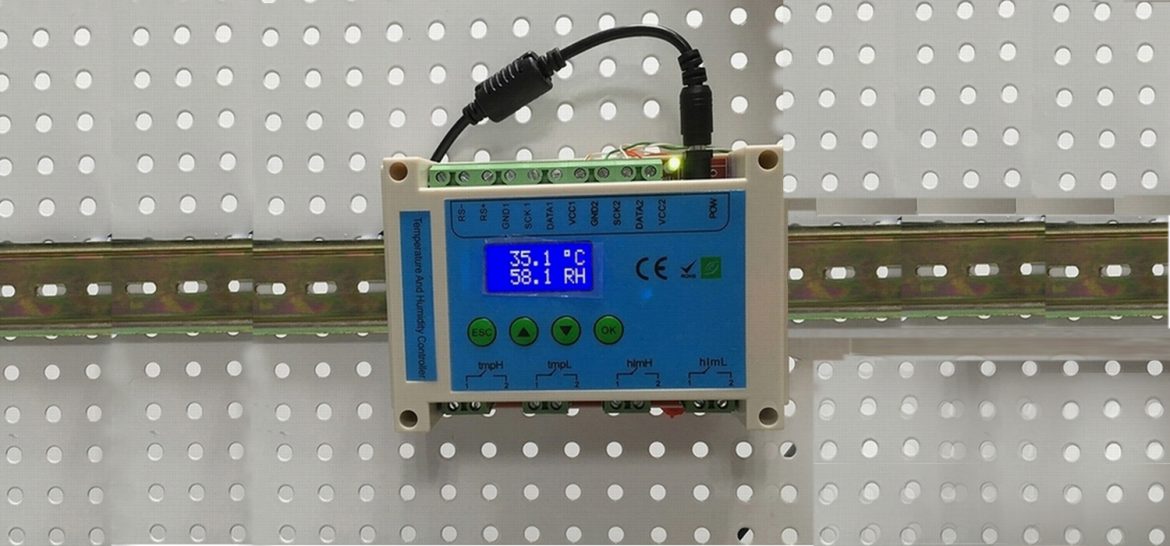A Temperature Controller is an indispensable device used in various industries and applications to regulate and maintain precise temperature levels. These versatile instruments play a critical role in ensuring stability, efficiency, and safety in processes where temperature control is paramount.
What is a Temperature Controller?
A temperature controller is an electronic device designed to monitor and adjust the temperature of a system or environment. It operates by comparing the actual temperature with the desired set point and then applies corrective measures to maintain the temperature at the desired level. This feedback loop ensures that temperature fluctuations are kept within acceptable ranges, avoiding potential damage, inefficiency, or unsafe conditions.
Benefits of a Temperature Controller
Temperature controllers play a pivotal role in numerous industries and applications, providing a wide array of benefits that contribute to enhanced precision, safety, and efficiency. Here are the benefits of a temperature controller.
Energy Efficiency
Temperature controllers contribute to energy conservation by preventing unnecessary energy consumption. In HVAC systems, for instance, smart temperature controllers can adjust heating and cooling output based on ambient conditions, occupancy, and time of day. This ensures that energy is not wasted on overcooling or overheating spaces. Energy-efficient temperature controllers also help in industrial processes, where excessive heating or cooling can lead to excessive energy usage and increased operational costs.
Equipment Protection and Longevity
Various industrial equipment and machinery rely on precise temperature control for proper functioning and longevity. Without a temperature controller, overheating or extreme cold can cause premature wear and tear, leading to costly repairs and downtime. Temperature controllers act as guardians, monitoring and regulating temperature levels to protect sensitive components and extend the lifespan of the equipment.
Process Automation and Time Savings
In today’s technology-driven world, automation is a key factor in streamlining processes and increasing productivity. Temperature controllers offer automation capabilities, eliminating the need for constant manual adjustments. Once configured with the desired set point, the controller can continuously monitor and regulate the temperature without human intervention. This automation not only saves time but also reduces the potential for human error, enhancing overall efficiency.
Environmental Control
Temperature controllers play a significant role in environmental control, particularly in applications like greenhouses and aquaculture. In greenhouses, these controllers manage the internal climate to optimize plant growth, leading to higher yields and better crop quality. In aquaculture, precise temperature control in fish tanks or ponds helps maintain the ideal conditions for fish health and growth.
Human Comfort and Well-being
In residential and commercial buildings, temperature controllers are key components of HVAC systems that provide optimal comfort for occupants. By maintaining consistent indoor temperatures, they create a pleasant environment, contributing to the well-being and productivity of people. Additionally, in extreme weather conditions, temperature controllers are critical for preventing overheating or freezing, which can pose health risks to individuals.
Conclusion
The importance of a temperature controller cannot be overlooked, as it empowers industries to achieve precision and efficiency, ensuring the well-being of individuals and optimizing the world around us. From chemical processes to food manufacturing, medical equipment to home appliances, temperature controllers stand as the guardians of stability, safety, and success.
